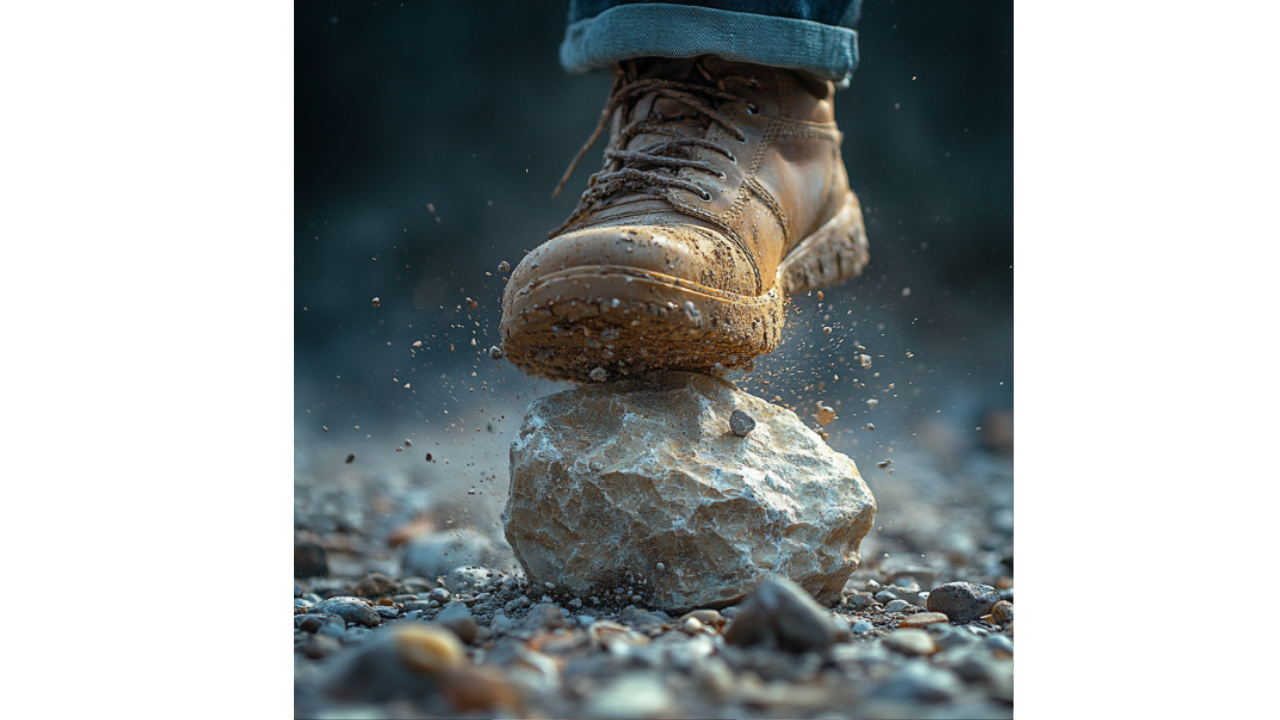Making the Choice: Downgrading to a Dumbphone in 2024
Two months ago, I wrote an essay about my hypnopompic dreams of cell phone notifications. I’d been missing a friend and had near-daily dreams each...

You need two things to be a writer:
We don’t talk about this enough as a community. But the best writers I know can hold two conflicting truths in their hearts and bear that conflict with grace.
What are mine? First, let’s back up.
I met two of my closest friends in a community fiction workshop run out of the local library. At the time, I could barely call myself a writer. I would start dozens of stories but never finish them, let alone revise and publish.
You know when you get really hungry and find yourself standing in front of the refrigerator, utterly disgusted by every single available option? You could make a cheese sandwich and stop being hungry, but you’d never be satisfied by it. When somebody suggests that to you, you tell them sincerely, “I’d rather starve.”
If you know that feeling, you know what I mean.
Back then (as the new kid in town) I had already wasted a lot of time, potential, and opportunity. And I knew it.
In my first go at earning a Bachelor’s degree, I studied writing in a small, vibrant English department, with a creative writing professor ready to go to bat for me, professors who believed in me, and ultra-talented peers. I had an editorial position on the campus newspaper, and I was right down the street from a brand new creative writing MFA program where, unbeknownst to me, a future Booker prize winner was studying.
I had ever opportunity to become great. The kicker: I thought I already was. The ego? I had it in spades. But I didn’t open myself to criticism. So when others were elevated above me, I scoffed it off, and never made any progress.
I have a vivid, haunting memory of Amy Hempel delivering critiques to each member of my creative writing class. She sang the praises of one peer in particular, and hated my submission. I believed this was an injustice. I was a misunderstood genius. Right?
Fast forward through dropping out, re-enrolling, dropping out again, enrolling elsewhere, getting a not-quite-marketing-job, and moving to a new town.
With the benefit of hindsight, I could see what I had squandered.
So shortly after moving, mostly-friendless in a new place, I walked down to the library and joined a critique group.
Let’s back up for a second. If you’ve ever joined a writing group, you know they come in several flavors:
Being a library sponsored group, this one was billed as number three, because the goal was to get as many butts in seats as possible. But in all actuality, it was number four. It was intense, direct, blunt and constructive. The members wrote short fiction at volume and edited it ruthlessly.
It was everything I had never experienced as an undergrad.
In every meeting, each member would arrive with each story printed out and marked up, dripping red ink, with the kinds of blunt, specific criticism my teachers had never quite dared to deliver. The kind my pride had refused to hear.
It was exactly what I needed.
Before, any critique I received was hostage to my pride. Now, my entire social life was hostage to my ability to take criticism and transform it into progress.
It helped that the rest of the group was undeniably talented and was visibly hungry for success. Praise, when given out, was dearly earned. Arguments and defensiveness were (mostly) not tolerated.
And best of all, it worked. I wrote drafts, finished them, and wrote more. I spotted flaws before I ever went to workshop and fixed them. I started developing a voice.
The thing is, it’s hard to get upset about being knocked down a peg when your (arguably more talented) peers get the same treatment and come back for more. When you watch their writing get better and better and better.
But you have to open yourself up to it first. And I finally had.
The truth is, writing is more than talent. It’s more than art. It’s more than an ear for phrasing, or an understanding of story structure, or a love of words.
It’s sheer, bloody-minded persistence. The innate knowledge of one simple truth: If the thing you’re writing sucks, it’s just not done yet.
So are you going to give up halfway? Or push through?
In writing and in life, you need to be able to look criticism in the eye without folding. To wrap your mind around it, embrace it like a friend, and use it to better yourself. Every blow to your ego is an opportunity for you to seize or squander.
Every blister becomes a callus eventually, if you let it.
So what two truths do I hold in conflict?

Two months ago, I wrote an essay about my hypnopompic dreams of cell phone notifications. I’d been missing a friend and had near-daily dreams each...
-1.png)
“Putting down roots” is a concept often applied to where we live.
.png)
Running and writing. Two of the oldest human things we do, and they're still shaping who I am and why I'm here. Both need that special mix of...